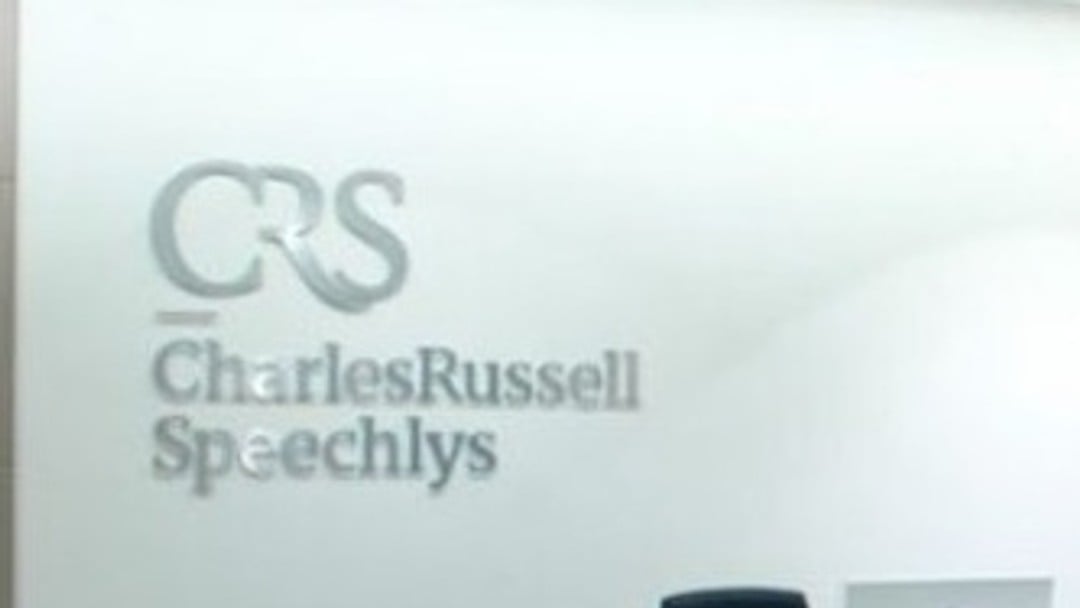Law Society issues new guidance on Mazur case

Following the High Court decision, the Law Society has published important guidance for litigation solicitors to clarify roles
On 17 October, the Law Society of England and Wales responded to the High Court’s judgment in Mazur v Charles Russell Speechlys by publishing a detailed practice note aimed at solicitors engaged in litigation. The Mazur case raised critical questions regarding the role of non-authorised persons in the conduct of litigation, ultimately clarifying that non-authorised individuals cannot legally engage in this activity under the supervision of an authorised person. The judgment establishes that both the firm and the individual involved in conducting litigation must possess the necessary authorisation.
Law Society president Mark Evans emphasised that the ruling had created uncertainty within the legal profession, stating “we hope this practice note will provide greater clarity to our members.” He further outlined the definition of those authorised to conduct litigation, which includes solicitors holding a practising certificate, costs lawyers, chartered legal executives, barristers, and patent or trademark attorneys with appropriate litigation rights.
The guidance specifies the scope of work that can be carried out by non-authorised staff, noting that they are permitted to assist in drafting pleadings and witness statements among other tasks, but must do so under the supervision of an authorised person. Regarding the responsibilities of non-authorised personnel, Evans mentioned that “tasks can be delegated so long as there is an authorised person responsible for each matter.”
Evans also warned against acting without proper authorisation, highlighting that “acting without authorisation is a breach of a solicitor’s regulatory obligations and may result in disciplinary action.” The Law Society encourages firms to review their processes to align with the existing regulations under the Legal Services Act 2007 to avoid potential breaches and penalties in litigation cases. Furthermore, he advised that disciplinary actions should be the proper recourse for breaches, rather than impacting ongoing court proceedings.
